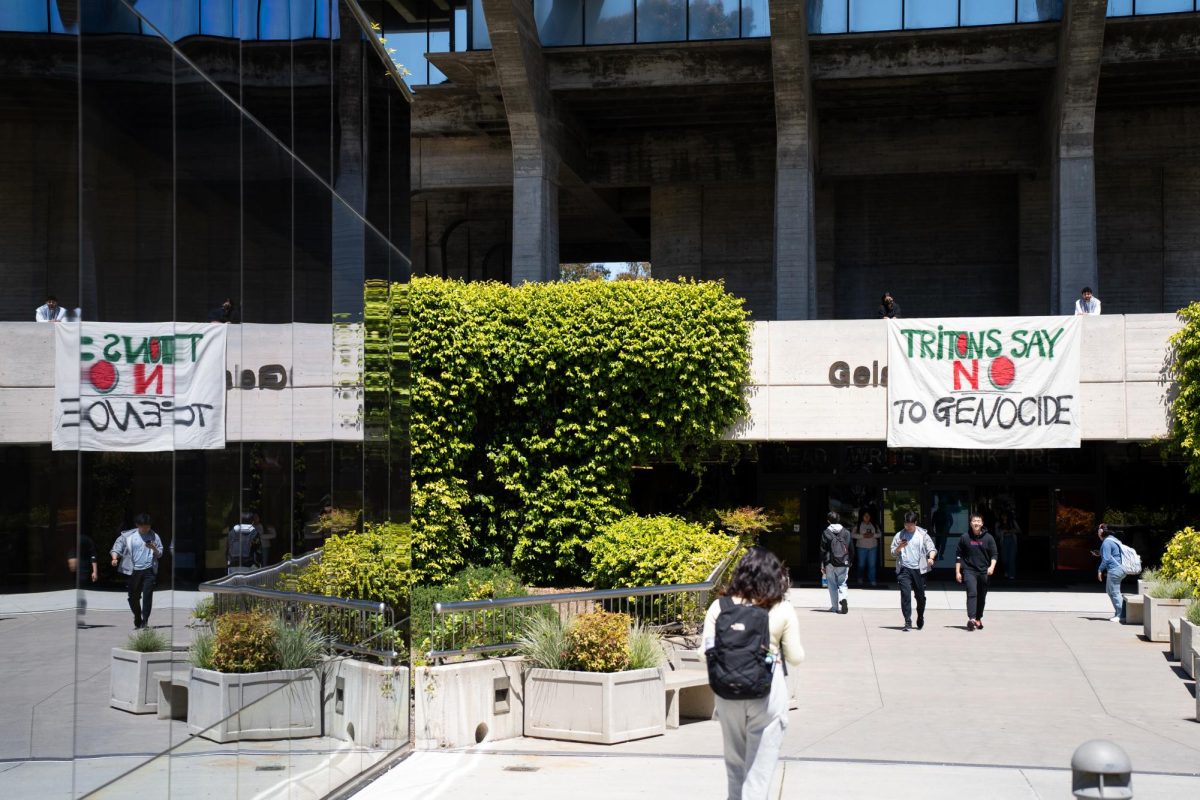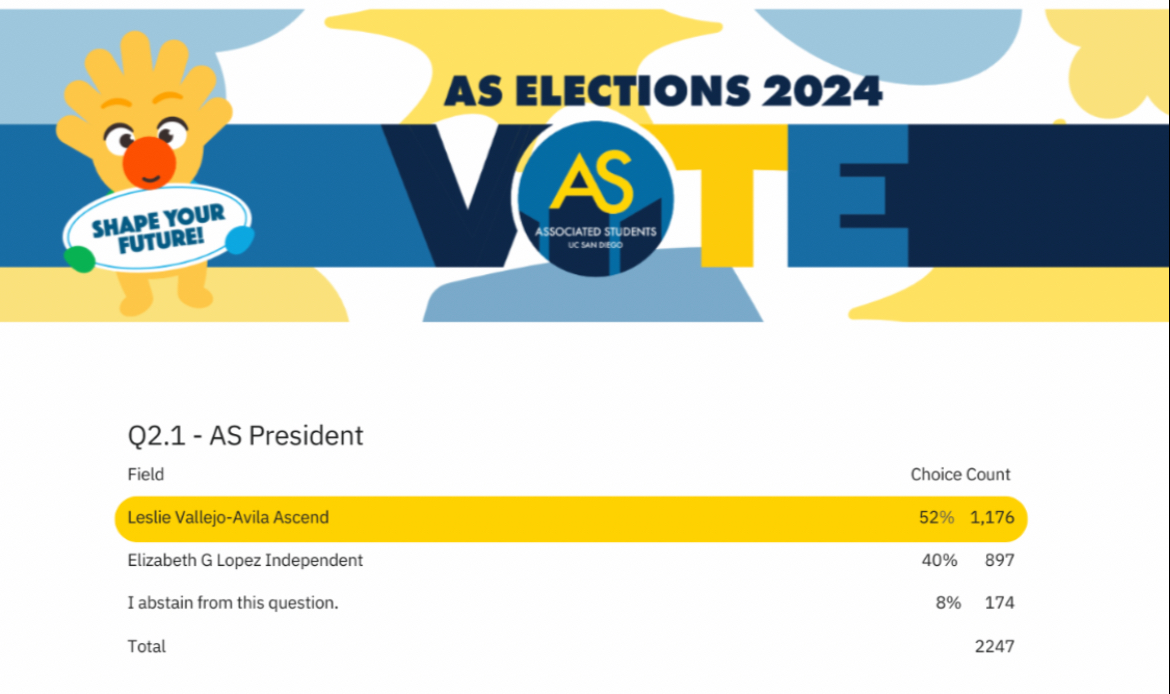The Proof of Concept Competition declared 10 teams of undergraduates the victors of Phase One of its innovation contest on Feb. 22. Sponsoring the program, the Basement and the Office of Innovation and Commercialization asked groups to propose product ideas for a chance at winning up to $2,000 in Phase One and $3,000 in Phase Two to develop their concepts.
The competition attracted hundreds of applicants from all areas of learning with its broad guidelines, only requiring that teams submit a three-page paper to a committee of alumni and members from the Basement, OIC, and Entrepreneurs-in-Residence. The winning teams presented a variety of ideas spanning from medical technology to philanthropic endeavors to Lego-based toys.
According to Paul Roben, Associate Vice Chancellor for Innovation and Commercialization, the PoC Competition is centered around supporting student innovation and promoting campuswide entrepreneurship.
“The first [reason for the contest] was we knew there were a lot of teams out there who would love to be able to [design products] but do not have the resources to do it, and the second was to support some of the teams that were already going through the Basement’s accelerated program,” Roben told the UCSD Guardian. “The third purpose for any of these programs we do is to raise awareness for the entrepreneurship agenda across campus.”
One of the contest winners, Earl Warren College senior Joseph Slaton of the SitRight team, which designed a posture pad that tells users how to correct their seated posture, had similar thoughts on the value of the competition to students. He stated to the Guardian that the competition fostered student enterprise.
“I feel like competitions like this are very important to students, not only because they provide the relatively small amount of funding that can be a barrier to entry for many students, but because they send a message that entrepreneurship is a worthy and attainable goal,” Slaton explained.
Warren freshman Yohann Samarsinghe, lead designer of the ReViSe product, which recycles rejected materials from tire manufacturing, explained to the Guardian that winning the PoC contest benefits his group and teammates by giving them the opportunity to pursue their concept without any personal financial risk.
“This competition is huge in allowing students who have ideas to pursue and validate them, especially if they hope to one day take these ideas to market,” Samarsinghe said. “Also, since the funding is not directly out of pocket, we can tackle this as hard as we like without really having to worry about or be limited by any overbearing risk, which is an invaluable experience.”
According to Robert Cornwall, Sixth College senior and founder of Game Builder, an app that allows users to design and share games from their mobile devices, the contest heads did not give the $2,000 directly to the teams; they submitted requests for university administrators to purchase products on their behalf. However, the funding was still critical in advancing their game-creation app.
“Winning the contest was very exciting,” Cornwall told the Guardian. “We were able to purchase all the software we need to create our product, and getting recognized was a big motivator for the team.”
For the ten victorious teams, the competition is not yet over. Roben noted that each team will enter a second phase of the competition in which they have two months to work on their projects before presenting them to the committee to be judged on the implementation of their ideas. The top three or four teams will receive additional funding to further develop their broader concepts.
For groups unable to pass the first round of the competition, Roben pointed out that there are many other campus resources that these students can turn to for help.
“We are offering to work with [losing teams] as well to plug them into all the innovation forces and commercialization forces across campus,” Roben explained. “The idea is that maybe this Proof of Concept program was not the right program for them, but these other programs across campus might be able to [support them] instead.”
Given that this is the first time the competition has been held, Roben hopes to see improvements in future programs.
“I think there are ways that we could make the thing run more smoothly and efficiently,” Roben said. “I would also like to explore ways to get even more interest from the social sciences, humanities and social innovation side of the campus.”
However, because the competition was so popular, Roben believes The Basement and OIC might hold the PoC program again next academic year.
“This particular round will work its way through, and in the fall we might think about running this competition again,” Roben said. “I would like to see it be an annual event, but we have to take it one competition at a time.”








